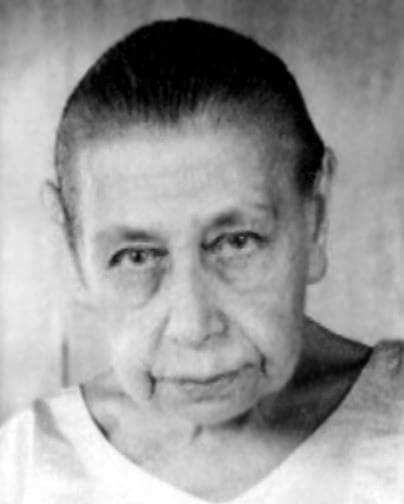Achieving true transformation

On Love
04/15/2024
Transformation of consciousness to love truly
04/17/2024If you wish to progress, if you make an effort to control yourself for instance, to overcome certain defects, weaknesses, imperfections, and if you expect to get a more or less immediate result from your effort, your effort loses all sincerity, it becomes a bargaining. You say, “See! I am going to make an effort, but that’s because I want this in exchange for my effort.” You are no longer spontaneous, no longer natural.
So there are two things to remember. First, we are incapable of judging what the result ought to be. If we put our trust in the Divine, if we say… if we say, “Well now, I am going to give everything, everything, all I can give, effort, concentration, and He will judge what has to be given in exchange or even whether anything should be given in exchange, and I do not know what the result should be.” Before we transform anything in ourselves, are we quite sure of the direction, the way, the form that this transformation should take?—Not at all. So, it is only our imagination and usually we greatly limit the result to be obtained and make it altogether petty, mean, superficial, relative. We do not know what the result can truly be, what it ought to be. We know it later. When it comes, when the change takes place, then if we look back, we say, “Ah! That’s it, that is what I was moving towards”—but we know it only later. Before that we only have vague imaginations which are quite superficial and childish in comparison with the true progress, the true transformation.
So we say, first point: we have an aspiration but we don’t really know the true result we ought to obtain. Only the Divine can know that.
And secondly, if we tell the Divine, “I am giving you my effort, but, you know, in exchange I must make progress, otherwise I won’t give you anything at all!”—that is bargaining. That’s all.
Ref: Questions and Answers 1957 – 1958




